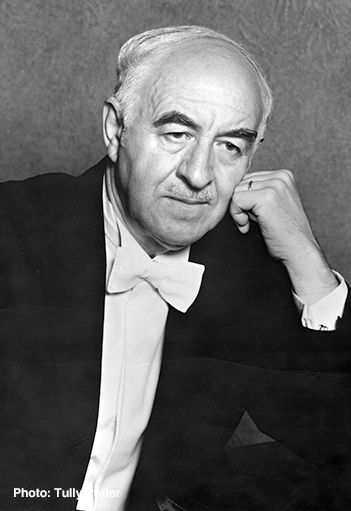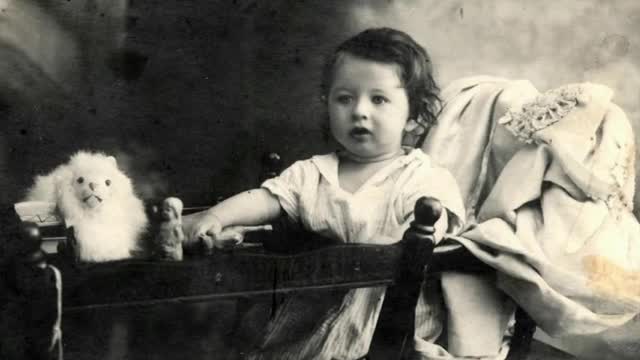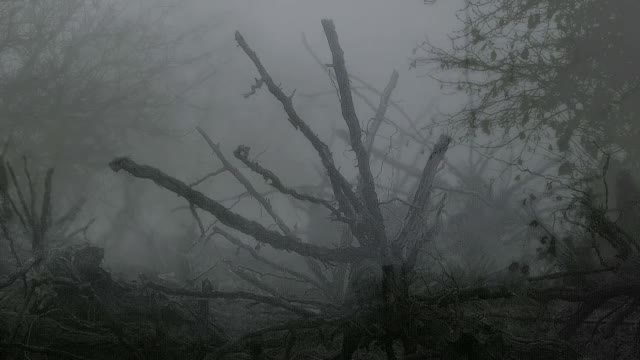

Rudolf Barshai was born in Labinskaya, in the Krasnador district of the Soviet Union. At the Moscow Conservatory he studied the violin with Zeitlin, the star pupil of the legendary Leopold Auer, and the viola with Borisovsky, as well as conducting with Ilya Musin at the Leningrad Conservatory. He commenced his career as a viola player in 1945, founding the Philharmonic Quartet of Moscow, now known as the Borodin Quartet, and subsequently playing in the Tchaikovsky Quartet, which was led by Yulian Sitkovetsky. He was a Laureate in the 1949 Festival of Youth at Bucharest. During this period Barshai played chamber music with the most outstanding instrumentalists active in the Soviet Union, including Gilels, Richter, Leonid Kogan and Rostropovich.
In...
| Title | |
| BARSHAI, Rudolf: The Note - A lifelong quest for one single note | |

|
BARSHAI, Rudolf: The Note - A lifelong quest for one single note
Artist:
Barshai, Rudolf
Label/Producer: EuroArts |
| SHOSTAKOVICH, D.: Chamber Symphony, Op. 110a (arr. R. Barshai from String Quartet No. 8) (Przytocki) | |

|
SHOSTAKOVICH, D.: Chamber Symphony, Op. 110a (arr. R. Barshai from String Quartet No. 8) (Przytocki)
Composer:
Shostakovich, Dmitry
Artists:
Capella Istropolitana -- Przytocki, Pawel
Label/Producer: K and K Verlagsanstalt |
